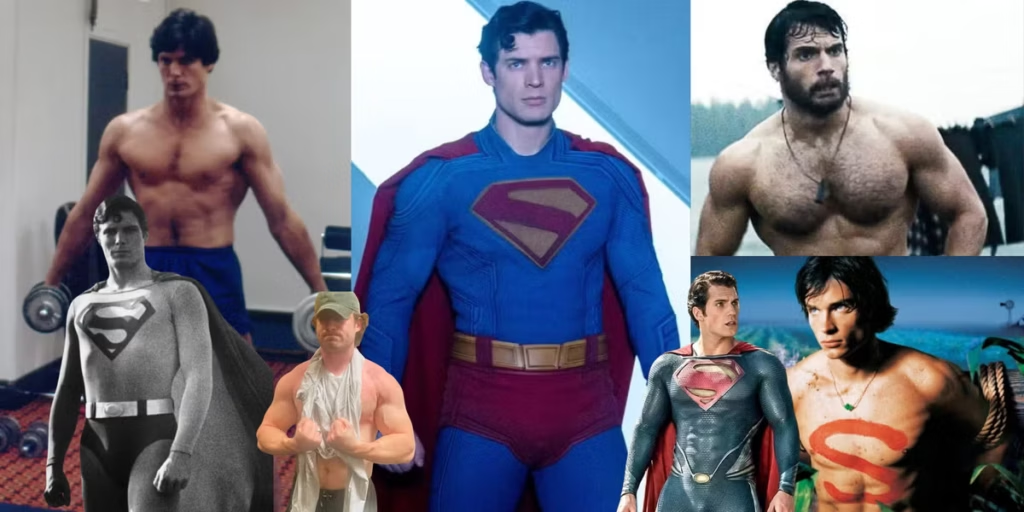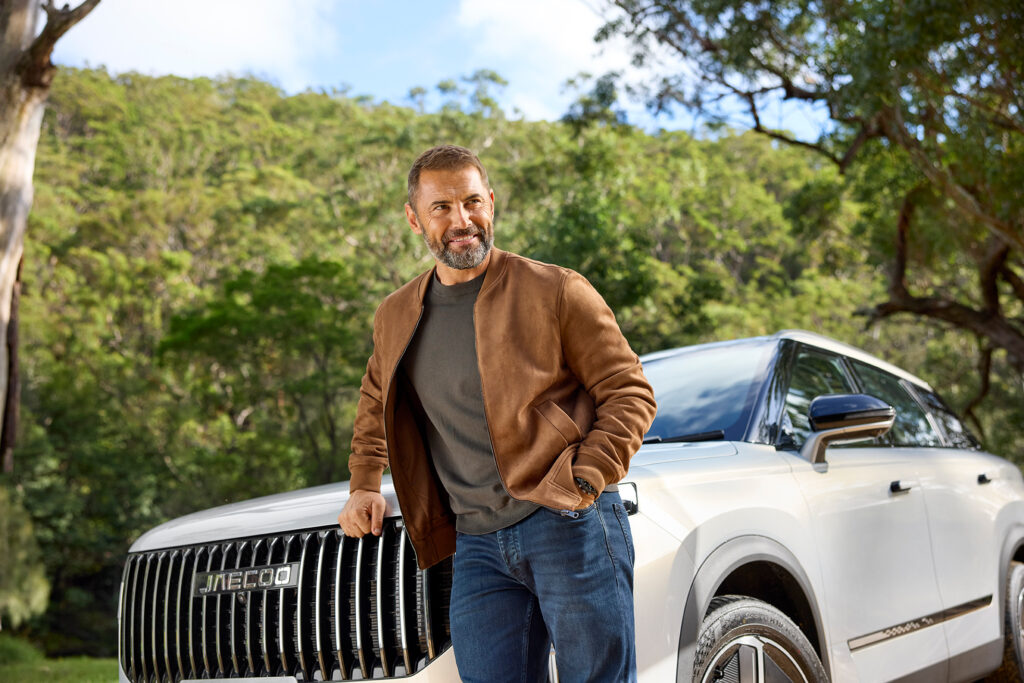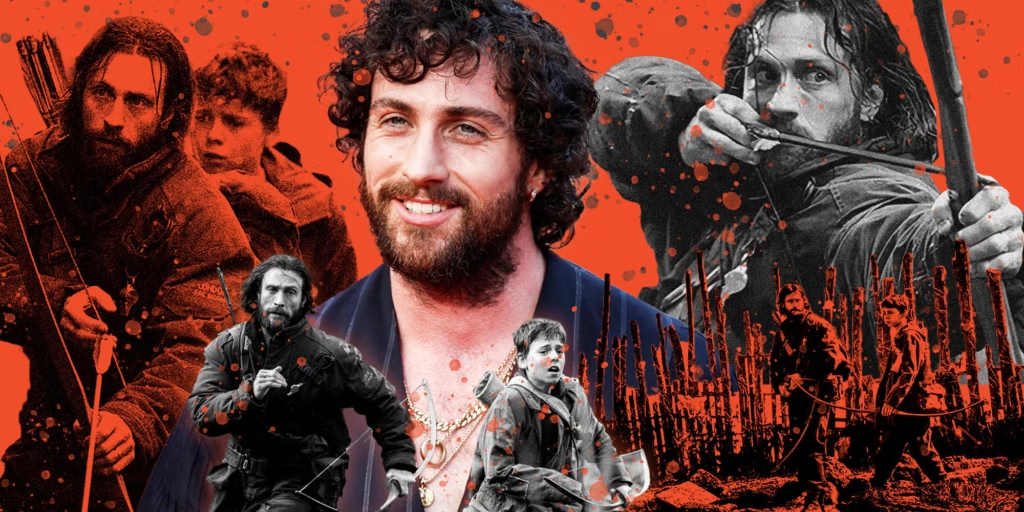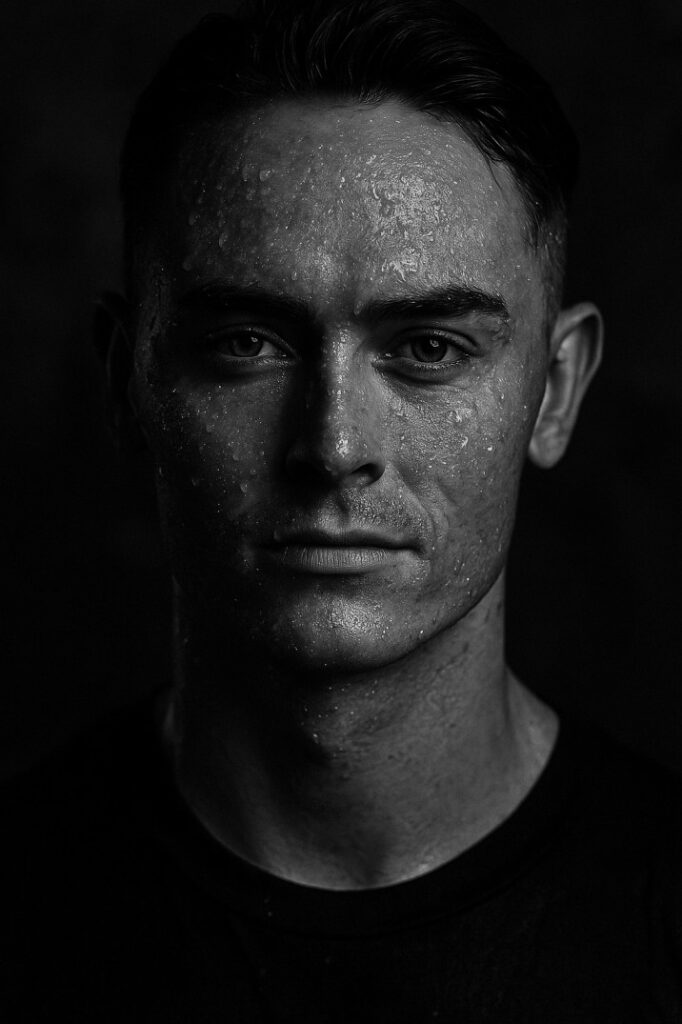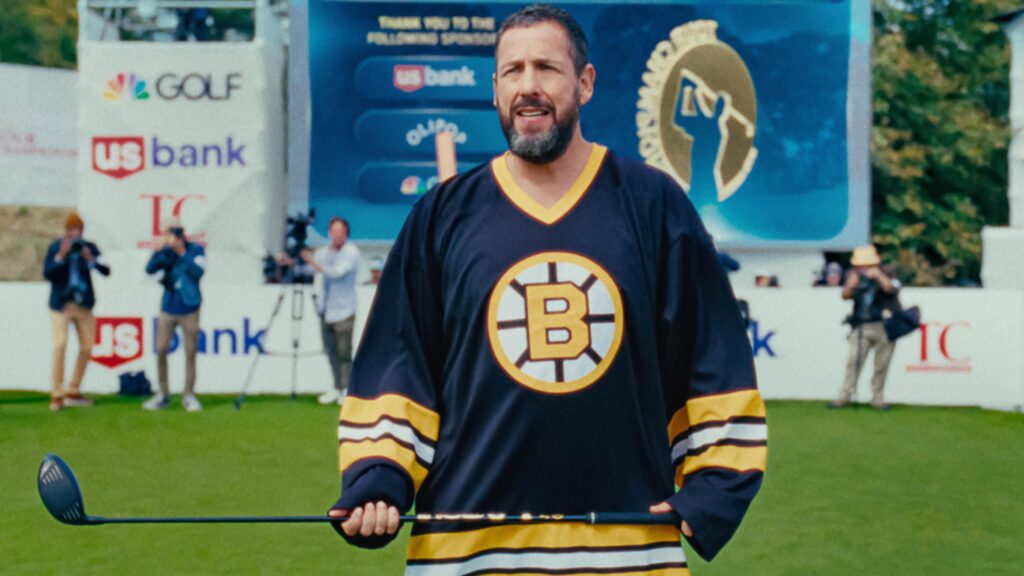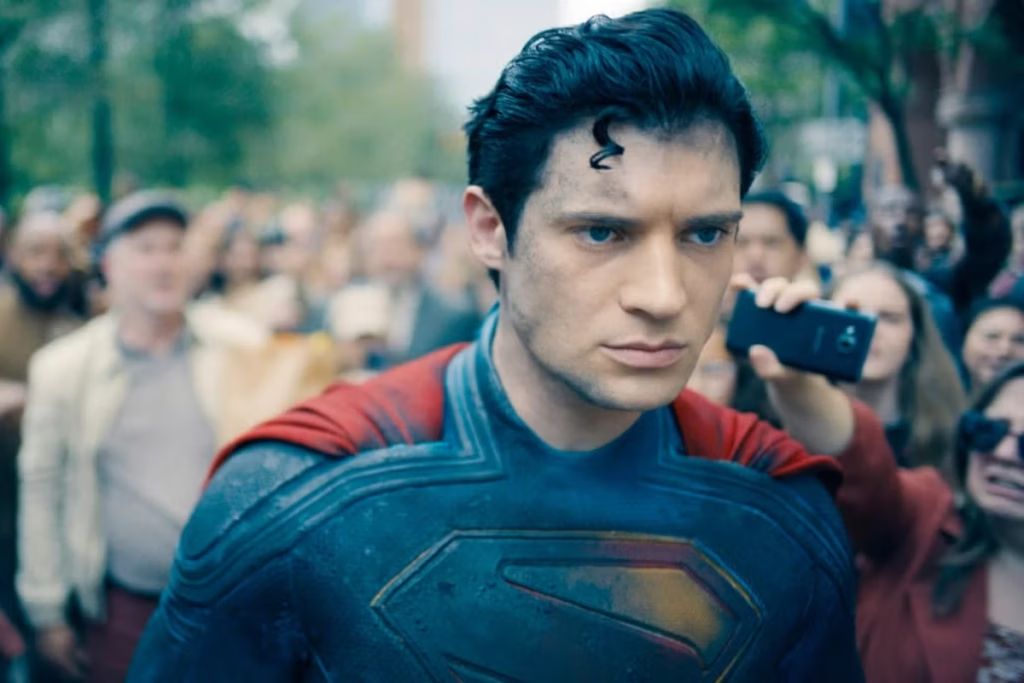Quade Cooper had dreamed of this moment his whole life.
The Wallabies were down by two against South Africa in last year’s Rugby Championship. Time had run out and Cooper, recalled to the team after four years in the wilderness, had the chance to take the penalty kick to win the game.
In the childhood dreams Cooper rehearsed in his backyard in Tokoroa in New Zealand back in the mid ’90s, he never hesitated to take the kick, calmly slotting it through the uprights before embracing his imaginary teammates and basking in the adulation of the crowd. Even earlier in his career, Cooper wouldn’t have thought twice about taking the kick.
But on this night, he hesitated, performing what he calls an “ego check”, as he carefully evaluated whether he was, in fact, the right man for the job. He was seven from seven on penalty kicks that night but his last kick, from 40 metres out, had only just scraped over the crossbar. This one was from almost the exact same spot.
“I was like, wow, that’s right on my border,” says Cooper, who’s back in Australia to get treatment for a hand injury before returning to Japan, where he’s been based since 2019, to play with his club side, Kintetsu Liners. “And so that was a great lesson for me. This is a game-defining kick. From an ego point of view, of course you want to take it. You dream of those moments. The first thing I asked myself was, ‘Am I the best guy to take it?’ And I was like, I’m going to ask Hodgey, because I know Reece, he practises all his kicks from 40 back. So I spoke to Hodgey and we basically came to the conclusion that I was in the zone.”
For a man whose career has often seemed burdened by the weight of his freakish talents and the pressure to do justice to them, Cooper’s mind was finally at ease. Why? Because he knew he’d done the work.
“When I lined that kick up, I didn’t know if I was going to get it or not, but I was happy with the result already,” he says. “Because I know that at the level I train and live my life every day, I can live with the outcome. The real test, for me, is in the daily. Did I get up and train on Monday? When I didn’t want to train on Tuesday because it was raining and cold outside, did I go and train anyway? Yes I did. I didn’t feel like I owed it to anyone. I wasn’t kicking it for the people in the crowd. I wasn’t kicking it for myself to stand on top of the mountain and beat my chest. I wasn’t doing it for any reason, other than to do the best I could for my team.”

Of course, Cooper nailed the penalty, capping a triumphant return to the Wallabies. But while his composure in such a high-pressure situation was striking, equally notable was the humility he showed afterwards.
You can chalk that down to perspective. Had he missed the kick, an outcome that would have shattered the little boy in his backyard and sent the brash, mercurial player he was a decade ago into therapy, now, he says, it would not have devastated him. Time, maturity and no small amount of self-examination, have seen Cooper remerge as a far more grounded, humble and mentally strong player. Scrap that, mentally strong man. For Cooper no longer defines himself by his exploits on the pitch.
“When you do that, you put a lot of pressure on yourself because if you have a bad game, you feel embarrassed, you feel like you’ve let everyone down,” he says. “If you have a good game, you’re on top of the world. That’s just not a healthy way to live. I love the game of rugby and I’m very appreciative of everything that has come from my career. But I also now understand that it’s just a game. And I understand that there’s more to life. There’s more to who I am.”
That includes a creative streak, highlighted in Cooper’s new fashion label, Shosai. He’s also a boxer, a fitness fanatic, trick-pass freak, loyal friend and devoted family man. As you’ll discover here, Cooper, like the rest of us, is the sum of his parts. All of them.

Why did you want to start your own fashion label?
“Clothing and fashion has always been something that I’ve really enjoyed. It’s a way to express yourself. I like to see how different people dress, the way that expresses how they feel and who they are. What I used to do was alter clothes that I bought to fit a certain way. I would buy something and put it on and be like, I love this piece, but it just doesn’t fit me the way I want it to fit. So, I would take it to a tailor and get it altered. Ultimately it got to a point where I was like, you know what? I would love to make my own clothes rather than change someone else’s work.
In terms of inspiration for this collection, I looked back at some of the things I loved growing up. One was Reese’s Pieces. A lot of the colours in the first drop feature the oranges, the browns from Reese’s. There are also pieces that pay homage to the Atlanta Olympics. The Atlanta Olympics was the first Olympics I remember watching. A lot of the clothing and the team uniforms from those Games are among my favourite pieces of clothing, so some of the colours and inspiration come from there. It’s sporty, with a little bit of a retro vibe.”
Is this something that you plan to devote more time to when your playing days are over?
“It’s something that I’ve wanted to do for a long time and always put on the back-burner, using the excuse of, I don’t have enough time. But as of the last few years, I’ve been able to apply myself better in rugby and in my personal life. Being more disciplined and more organised in my life and in my career allows me to have extra time to create something like Shosai. When I do finish playing it’ll be something that will continue to stimulate me from a creative point of view and from a growth point of view. I’ve played rugby since I was three years old and there’s still so much that I learn every year. By coming into this arena, I’m way outside my comfort zone. I’m learning in every phone call I have with the team, every meeting. I come out of a meeting and I’m like, ‘Wow, I’ve just learned so much stuff’. That’s one of the best feelings you can have. A feeling of growth.”

You’ve kept yourself in amazing shape over the years. Last year you were ready to go when you got the Wallabies call-up. Has fitness always been a foundation for you?
It has, but the thing is that now I’m more aware of it. I’ve been a professional athlete since I was 16 and I was always provided with a schedule, Monday to Friday, of what to do in the gym. But now I look at that as your bare minimum because they’re giving that to every single player. If every player does that program, you’re going to grow at the same rate. But if you take that schedule and think this is going to keep me at this level, but the level that I want to be at is here, now your fate is in your own hands. When I came back to play for the Wallabies, I was three months into a five-month holiday. In theory I should have been out of shape and not ready to play but the fact is, to me it’s a lifestyle. That means you’re ready for any opportunity you’re given. It didn’t mean that I was going to have the best game of my life, but I was definitely going to be in a position to allow myself to play well. And if I was to have a bad game, it wouldn’t have been a terrible one. You’re living in a zone where your bad game is still good and your great games are great, but they’re not too far apart. When I was younger, my lifestyle was a little bit different. You did what was required of you and we still trained very hard. But knowing what I know now, that has to be the bare minimum.”
You had a great game and it was certainly a triumphant return. A lot of people were struck by your maturity and humility. What factors have influenced you in your journey from the young player you were, to the man you are today?
“Look, a lot of it is to do with time. With time you have the ability to process things better. I now understand that it’s just a game. If I play bad or if I play great, it doesn’t change who I am as a man because straight after the game – win, lose or draw – you go about your life. For me that consists of looking after my body, training hard, eating well, working on Shosai and helping those around me – my brother, my sisters – be the best they can be by setting an example of what it takes to be a good man. And so all those factors add up rather than just looking at it and saying, ‘Oh, I’m a Wallaby. This is what makes me who I am. This is why people like me’.”

You seem very conscious of the way highs and lows can really affect you when you put too much focus on any one thing?
“Even going a bit further than that – highs and lows are inevitable, right? But if you live your life at a consistent level then the highs are still high, but the lows are not very low. That’s why I’m very disciplined in terms of how I train, even when there are days that I don’t want to do it. With football, it’s very simple for me. Let’s say with the Wallabies, there are 10 games a year. There are a lot more training sessions than there are games. I’m still going to have bad training days but out of say, 200 training sessions, if I have two bad days, what’s the likelihood of me having a bad day in 10 games? It’s very low because your consistency becomes your every day. Now a lot of people think, oh, the important thing is the game day. No, game day is just a by-product. Game day is just another day of your life. If you nail every day leading into that, there’s a very high chance that you play well. If you can do that and your teammates see you working like that, it’s very contagious. When you’ve got a collective of people with the same mindset, the same way of living, there’s no way that a team can’t be successful.”
Is there any spiritual underpinning to your outlook or ethos? Where does it come from?
“Honestly, it’s just come from time. It’s time and learning and being open enough to take in the opinions of others you love and trust and reading books that challenge some of the things you believe. I remember thinking about my career and where I was at and just really breaking down everything that was around me and what I was doing. If I was getting a certain result, what was I doing to get that result? How was I acting as a person? What were the pillars of my life? What were the things that I do every day that I have to stand by morally? What are the things that I’m going to build the foundations of my life on? And were those things what I needed and what I wanted? That process is quite confronting because you have to be vulnerable with yourself. In doing that, I started to see patterns. I started to see that although I thought I was working hard, was I really? It enabled me to ask myself those really tough questions. To be vulnerable with myself first and foremost, which then allowed me to be vulnerable with those around me.”

Speaking of people around you, you were at Sonny Bill’s fight recently. Tell us about your friendship with him?
“He’s obviously one of my closest friends and like an older brother to me, so to be able to be there and support him was great. But for me, the more time you can spend around good people like that, the better. Sonny is one of the best athletes and best humans you could ever come across. It was great for me to be able to be there, support him and witness all the hard work he’s been putting in come to fruition.”
Did you and him have an instant bond through the similarities in your background?
“Our bond was more through the similarities in our careers. Some of the things we had gone through at such a young age. Sonny is about four years older than me, so some of the things that he had gone through, I was going through them or had just been through them. He was able to directly give me support and advice and together we’ve been able to help each other as men. We both have a very strong growth mindset. And we know that when you’re searching for growth, you need to have good people around you to have those conversations and bounce ideas off. Our bond obviously started through our experiences, somewhat negative experiences you could call them, but just being able to learn and go through a lot of those experiences and have a person like that in your corner, has been very helpful.”
On a negative experience, when you look back at the 2014 World Cup, where there was so much pressure on you, do you find yourself wishing you had the mindset you have now, back then?
“Of course, but the reality is we can’t go back there. The thing that I love about that is knowing where I was then and knowing where I am now. Now I have both sides, I have the contrast. So, I really understand it. Back then I was only a kid, there’s no way I could have known how to handle it. I had to go through that to be able to get to where I am now. That’s why I appreciate those times so much. I couldn’t have done it without those experiences.”
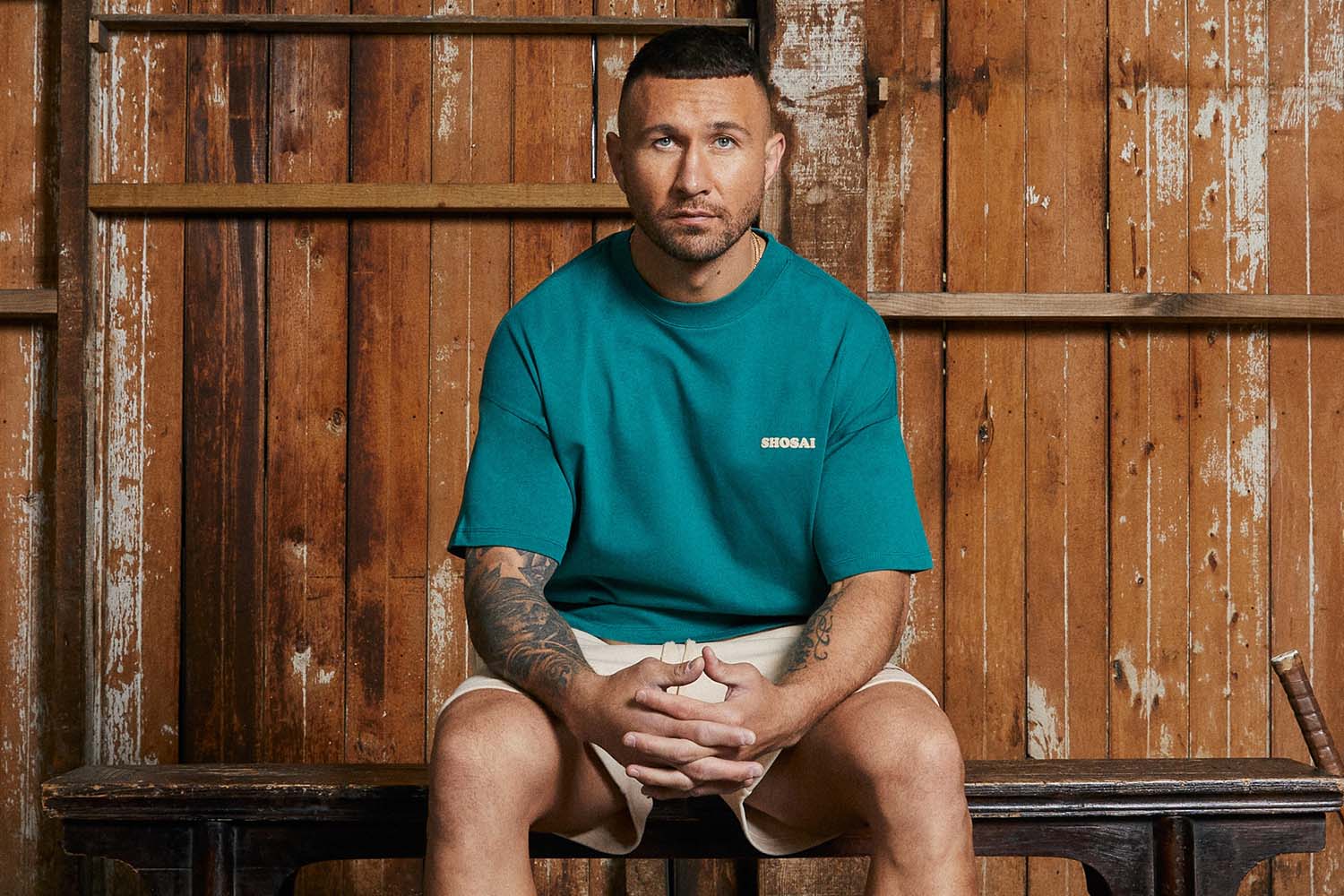
You’re undefeated in the ring. Is that something you might look at pursuing post-rugby?
Mate, I really love the sport of boxing. I love the art of it, I love the challenge of it and I loved being around it again with Sonny. We were sitting in the room after his fight and I was just like, ‘I cannot wait to just get back in there and be in this situation’. Sitting there after a fight is such a unique feeling. The difference between rugby and boxing is that obviously with rugby there’s 23 players in a squad, there’s five or six coaches and all the help is there. With boxing, you have to create that for yourself. If you want a trainer, you have to go out and find one. The days that you’re going to train, you need to organise that yourself. You need to decide what’s best for you. That takes a lot of knowing who you are, knowing how to best tune yourself physically and mentally. I went through that a few years ago and I really enjoyed being able to do that for myself and come up with training regimens for my physical needs and for my mental needs.”
Given your mindset and the way you take care of your body, do you think you can play for longer at a high level than perhaps you might have thought 10 years ago?
“The funny thing is that when I look at myself and how I feel now, both physically and mentally, and then I think back to the last time I was playing for the Wallabies, I’m like, I don’t know how I was playing those test matches. Physically, I don’t know how I did it. I look at the photos and I’m like, wow, I would’ve weighed at least five or six kilos less than what I do now. We play in a collision sport, not a contact sport, a collision sport. I don’t know how I was putting my body through that. I think that if I continued down that track, I wouldn’t be where I am now, where I feel like I could play four or five more years easily. I know that I could do that because of how I feel physically now. But it’s a matter of do I need to do that? Do I want to do that?”
Your trick passes have gone viral on social media the last couple of years. You even did an NFL pass in a game. Were you surprised at the reaction online?
Truly, because it’s something I feel like we all do. There are other guys who can do it. They do it at training, but maybe they don’t do it in a game. When I first posted it a couple of years ago, you just think your mates are going to comment. But then it went viral and people are imitating them, sending their own videos to me and athletes from other codes are doing it and whatnot. It was quite a shock. To me, it’s just a little bit of fun. With the NFL pass in the game, it was too far to throw a normal pass, so in that split second, I just thought, get it to the space, kick it, can’t kick it, pass it, can’t pass it, throw. And I remember when it came out of my hand, I just went, shit, what did I just do, because it was such a quick reflex. And then I was just like, oh no. And then he caught it, and I was like, oh, okay. But I always say to kids that if you practise that skill in training and get to a point where you don’t stuff it up anymore, well what’s going to happen in a game? You’re not going to stuff it up because you’ve put in the time and you’ve put in the work. Like anything in life, if you put the work in, you’re going to have a great chance of doing well.”
In terms of rugby, what is your focus for this year? Are you targeting the Wallabies series against England?
Look, if it happens again, it would be great. I love playing for my country, especially of late. And as I said, I know that if I’m asked or called upon, then I’ll be ready and I’ll do the best that I can. But as I said, that’s something that happens as a by-product of everything I do on my training days.”

Build Wheels of Steel
After being plagued by knee injuries earlier in his career, Cooper now prioritises knee and leg strength. “I need those joints that are weak through injury to be the strongest parts of my body,” he says. “When you’re tackling or running into people who are a hundred kilos plus, you need to be able to lift much more than a hundred kilos. Same for knee strength. Being able to have 80 to 120 kilos through one leg and bend down through that motion is something I really focus on.” The work in the weight room allows Cooper to take the field confident his body will be able to withstand repeated collisions. “It doesn’t guarantee I won’t go out and get injured,” he says. “But I’m going to give myself every opportunity that if someone jumps on me or falls on me a certain way, my body’s going to be able to withstand it.”
1 Reverse Sled Pulls 140-160kg, 4 X 30m
2 Nordic Curls X 4
3 Patrick Stepdown 4 X 6 each leg
4 Bulgarian Split Squat 4 x 6 each leg









